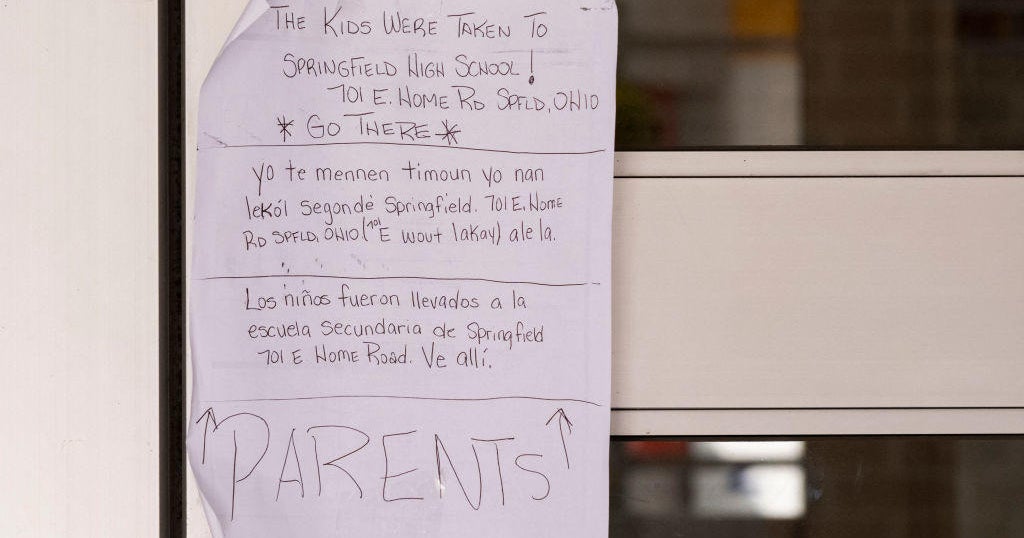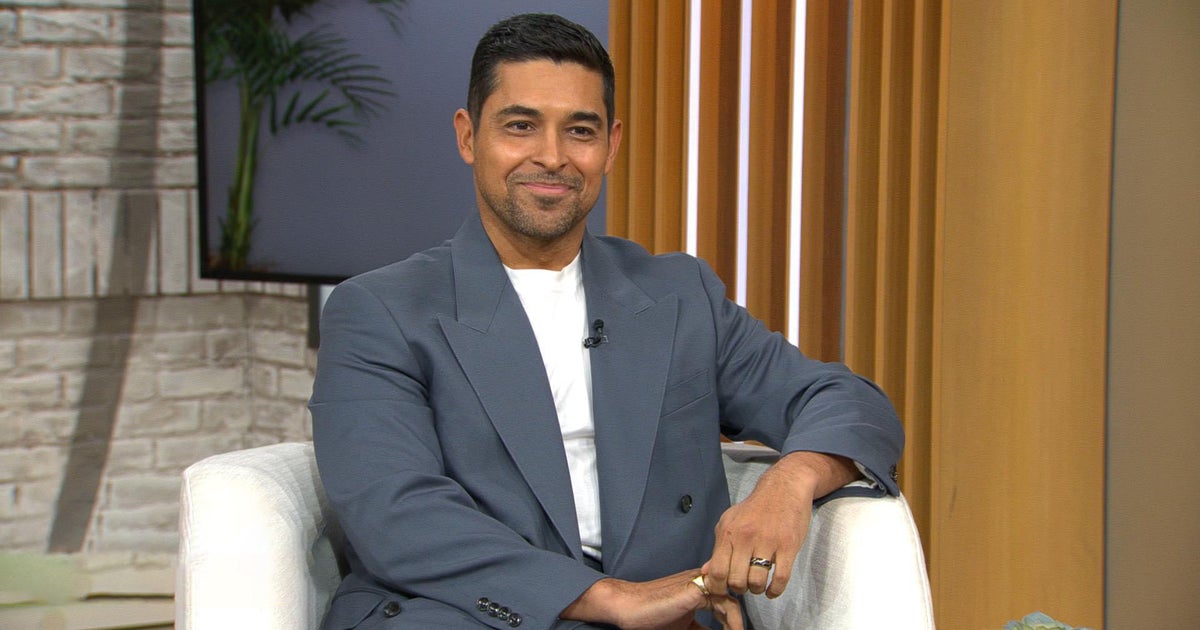Do smartphones disrupt the school day? Two Virginia schools take different approaches
Each morning, students at Martin Luther King Middle School in Richmond, Virginia, begin their day with a lesson in restraint — by handing in their phones.
"I'm not worried about the notifications I'm getting and who's texting me or what's going on on social media," 8th grader Jazmine Anderson said.
The school began piloting a program last year to lock up cellphones in special pouches made by the company Yondr and store them in a supervised backpack. When the school first started using the locked pouches, they'd let students hold onto them. But that didn't quite work, 8th grade English teacher Jasmine Armistead said.
"They were always messing with the pouch, trying to open it, trying to break in it, because again, they're teenagers," Armistead said.
Nearly all U.S. teens (95%) have access to a smartphone, according to a 2023 Pew Research Center survey.
A 2023 Common Sense Media report found that about 1 in 5 of the teens surveyed receive 500 or more notifications per day, many of which come during school hours. About 97% of survey participants used their phones for a median of 43 minutes during school hours, which is roughly the length of a class period.
Principal Annette Dabney says simply removing phones from the hands of her 500 students is the only solution.
"The engagement is up. Also our test scores are up, which is fantastic. Disruptions in classes are down. Teachers are able to teach," Dabney said.
Virginia Gov. Glenn Youngkin is the latest leader to issue an executive order regarding phones in schools. He's requiring districts to limit or ban cellphones by Jan. 1, and many are already piloting programs. Twelve states in total are now banning or incentivizing a ban phones in class.
"I think it has been a real call on all of us. Let's get to work, and let's go to work for our kids," Youngkin said.
When asked if he ever texted any of his kids while they were in high school, Youngkin said, "I'm sure we did, and I think this is part of meeting some of parents' concerns. I mean, the basic concern that a pickup time has changed or a doctor's appointment has changed. Those are the kinds of, I think, very practical concerns that need to be put in place."
At Huguenot High School across town, they're taking a different, less restrictive approach. Students turn their phones in during class, but can use them between periods and at lunch.
"It feels much better, because at least I can see my phone and if I really need, I could just go up and get it," Tiffany Taylor said.
Last year, the school tried Yondr pouches but ran into problems. They switched to the less restrictive plan with input from students.
"I didn't really like it, because I didn't feel that I felt more safe without my phone. Because normally my phone, when I have it at school, it's for emergency purposes," Taylor said.
Another student, Ashanti Wallace, says not having her phone does make a difference.
"It just feels like almost refreshing. Being able to just not have a worry of like friends texting you, just being able to focus on the teacher and what they're teaching," Wallace said.
Principal Michael Massa said he's found that taking away phones for the entire school day is something that "dysregulates" students.
"I'm not just going to say students — it's adults, too," Massa said.
When asked about potential criticism that the rules are too soft on students, Massa said, "I think that saying that you're soft or hard on something is not really helpful in education. What we are is we're mindful. And we lead with love in our school, and we want to make sure first and foremost that our students are prepared and equipped to learn."
It's an approach that everyone is learning to live with.




